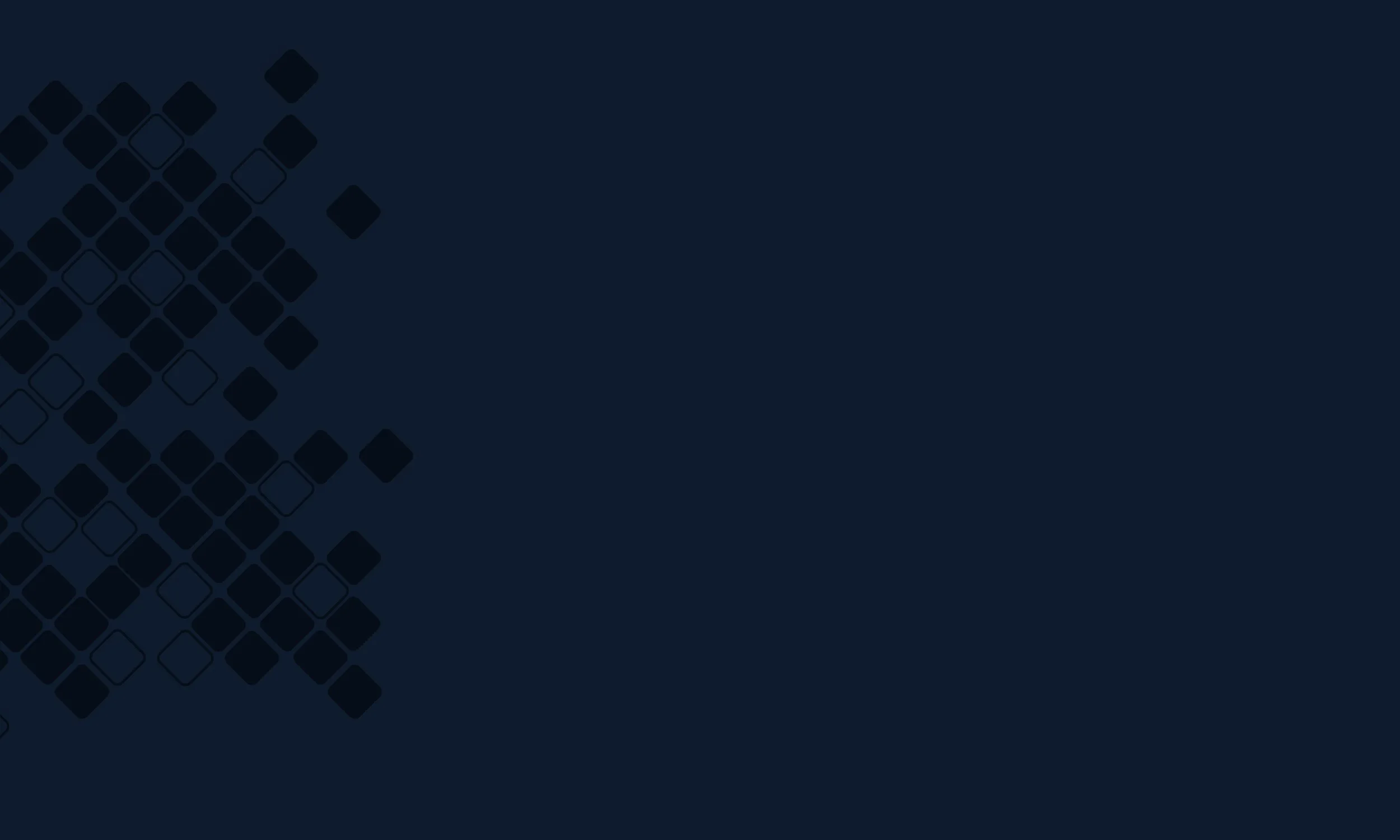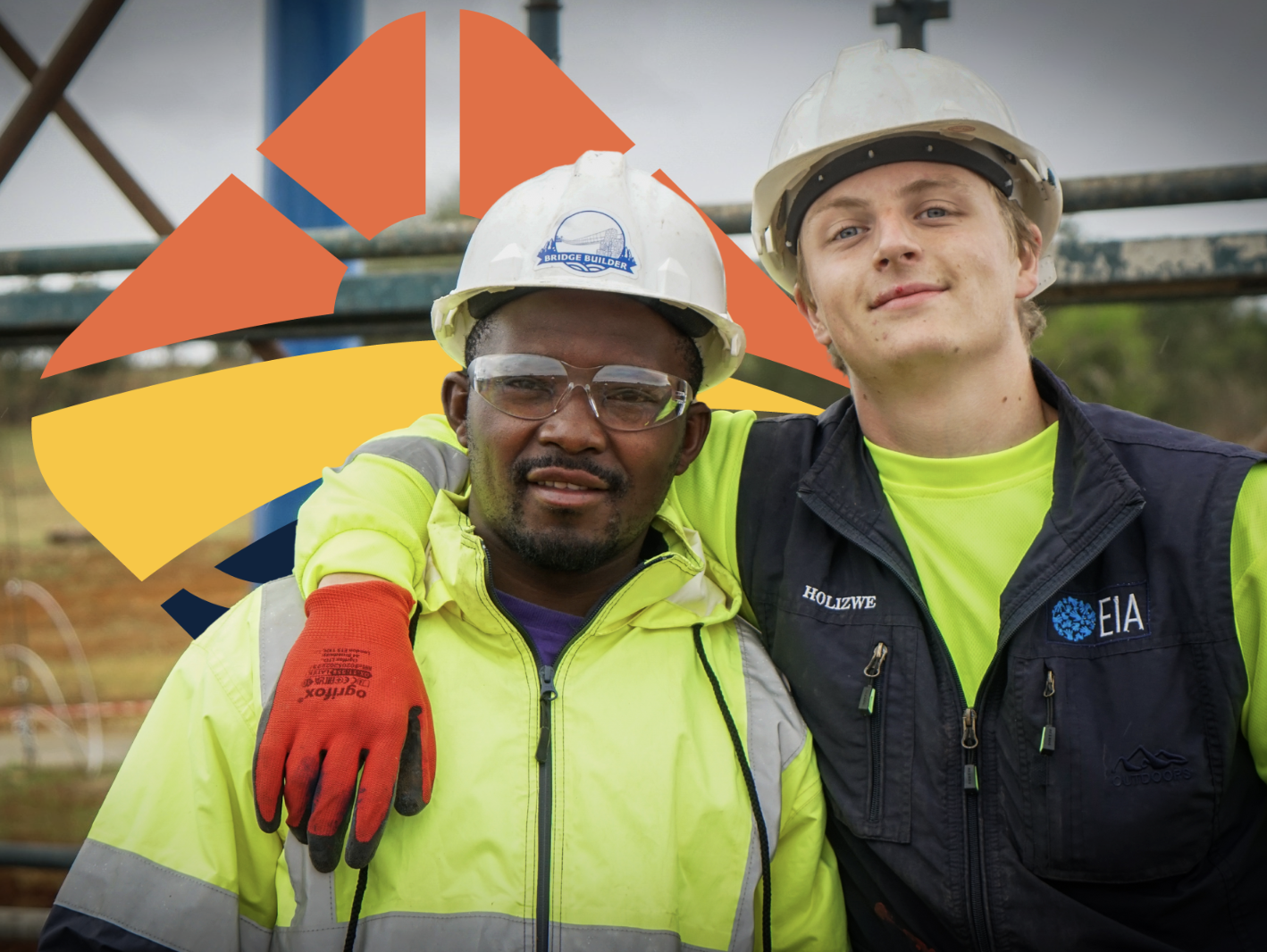Dig a Little Deeper
Every project begins with an essential step: digging deeper. Whether in wells, water networks, or bridges, this effort reflects our commitment to transforming lives from the ground up.

While water, sanitation, hygiene, and bridges have always been at the heart of our mission, so has digging. Regardless of the project at hand (wells, latrines, water distribution networks, bridges, etc.), digging is nearly always one of the first and most important parts of our work. So it is only fitting that, as we aim to continue deepening our impact on the communities and volunteers we serve, we are also looking for ways to dig a little deeper.

In Eswatini, the recent reduction in foreign aid has resulted in many thousands of job losses in critical fields. This shift has had a direct impact on vulnerable populations, particularly low-income HIV and tuberculosis (TB) patients who now face challenges in accessing essential treatment. The Luke Commission, a key provider of medical care in the civil sector, has had to suspend operations indefinitely due to funding shortages. If these funding gaps persist, there is a real risk of setbacks in Eswatini’s progress against the HIV and TB epidemics, potentially straining the broader healthcare system. The government is closely monitoring the situation and exploring ways to redirect funds, like those dedicated to infrastructure, toward life-saving healthcare programs. And while this is certainly understandable, we also know that healthcare cannot be effective without clean water, sanitation, hygiene, and the bridges people use to access it.
These are just some of the reasons why Engineers in Action is remaining deeply committed to our mission of working with underserved communities and global partners to execute sustainable engineering projects that build local capacity and improve access to essential resources. And why, in the face of mounting global uncertainty, we are challenging ourselves and our supporters to dig a little deeper, so that together, we can do even more.
What will this look like in practice? To start, increasing both the duration and the scale of our 2025 crowdfunding campaign. We came into 2025 knowing that we would need to raise $100,000 from our generous supporters to help ensure we could complete the 40+ water and bridge projects we committed to executing with our in-country partners in Bolivia, Ecuador, and Eswatini. Those projects will change - and even save - lives for over 20,000 people in our partner communities, while inspiring over 800 new volunteers to join the next generation of global change-makers. And while that goal feels very achievable, we now feel compelled to up the ante in 2025.
Firstly, instead of waiting until the end of the year, we are launching our campaign now. While it has made sense to hold our past “Year End” campaigns at the end of the year, the most popular time for charitable giving, we are excited to convert to “Year Long” campaigns moving forward. This gives our supporters the opportunity to give at a time and frequency that makes best sense for them and with donations given earlier in the year, get a head start on future plans to benefit even more underserved communities. It also reduces the budget uncertainty that comes along with high-stakes, short-term year end campaigns (i.e., if we ever come up short, there’s no time left in the year to find other ways to make up for that shortfall).

Secondly, we’re increasing our target to $150,000. There are so many ways digging a little deeper to raise this additional funding can increase our flexibility and preparedness to bridge any gap that may be left by any of the uncertain situations facing all of our countries. For example: if decreasing security in a certain area of Ecuador prevents one of our volunteer teams from traveling, digging a little deeper will mean we’ll have the resources needed to increase local staffing and still get the project done with the community; if the financial crisis in Bolivia leads to a municipality not having enough budget to buy all the cement needed for a bridge project, digging a little deeper will mean we’ll be able to close the budgetary gap this year and ensure the bridge still gets built; if the cuts to foreign aid mean the national government of Eswatini has to temporarily divert their infrastructure budget toward HIV/TB healthcare, digging a little deeper will mean we can temporarily take on the responsibility of well drilling to ensure we can still bring clean drinking water to schoolchildren all over the country.
Like digging, our partnerships with the local communities and governments in the countries where we work have always been at the heart of our model. So if you’re looking for something you can do to make a real difference during these uncertain times, help us dig a little deeper to raise funds that will help us ensure we can support those partners through whatever may come and bridge the gap to more certain times and deeper impact for all. Dig a little deeper today, and donate to EIA to support life-changing water and bridge projects all over the world.







